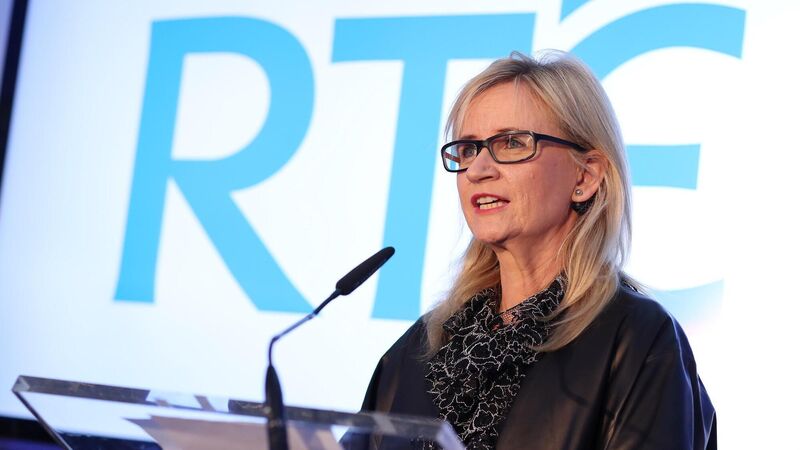RTÉ staff reject proposed pay cuts

RTÉ's director general, Dee Forbes, had previously said the cuts and changes to work practices were 'necessary to return RTÉ to a sustainable financial position'.
A total of 87% of those polled on whether to accept or reject them voted against the measures, which are part of a three-year cost-saving plan designed to save €60m.










